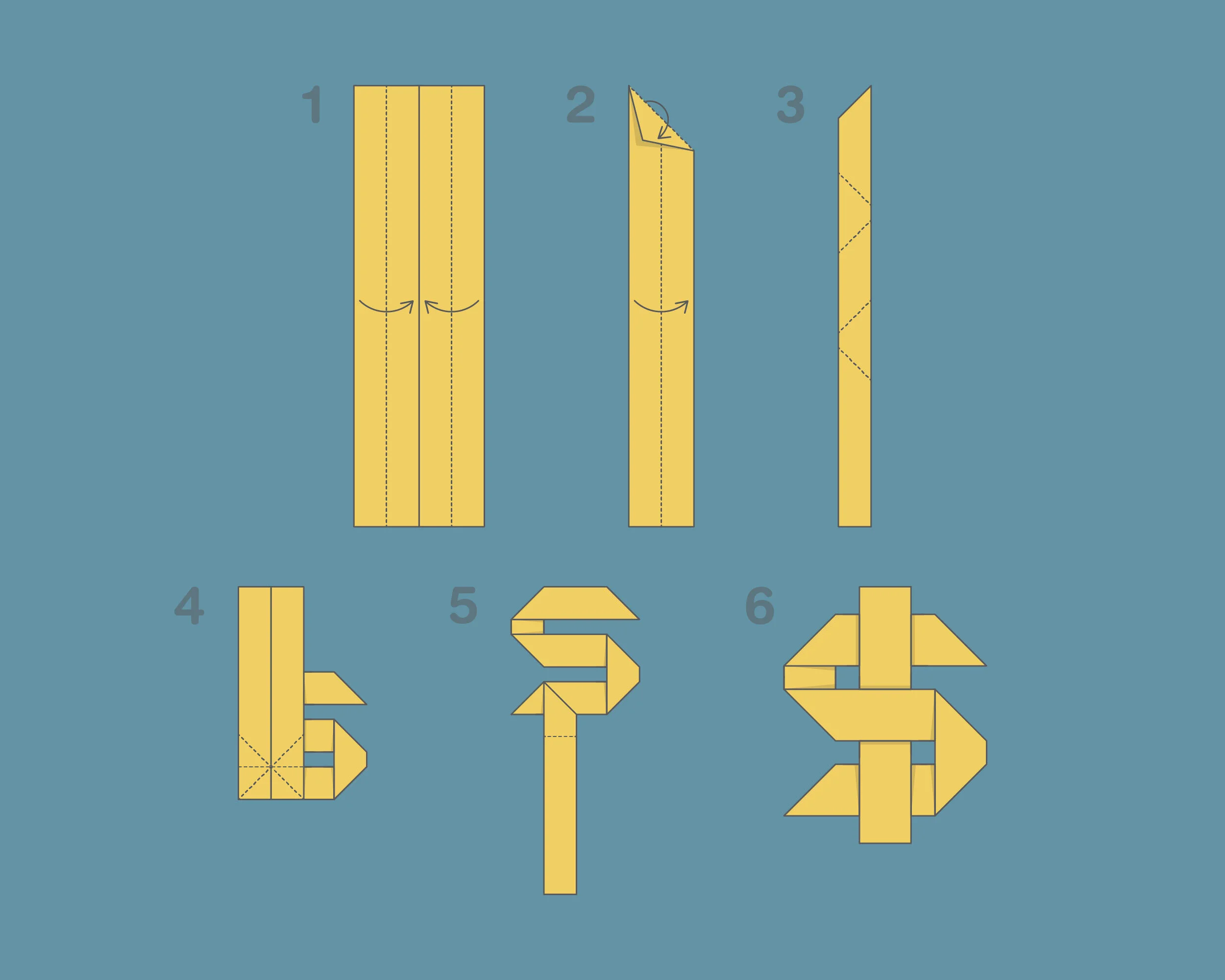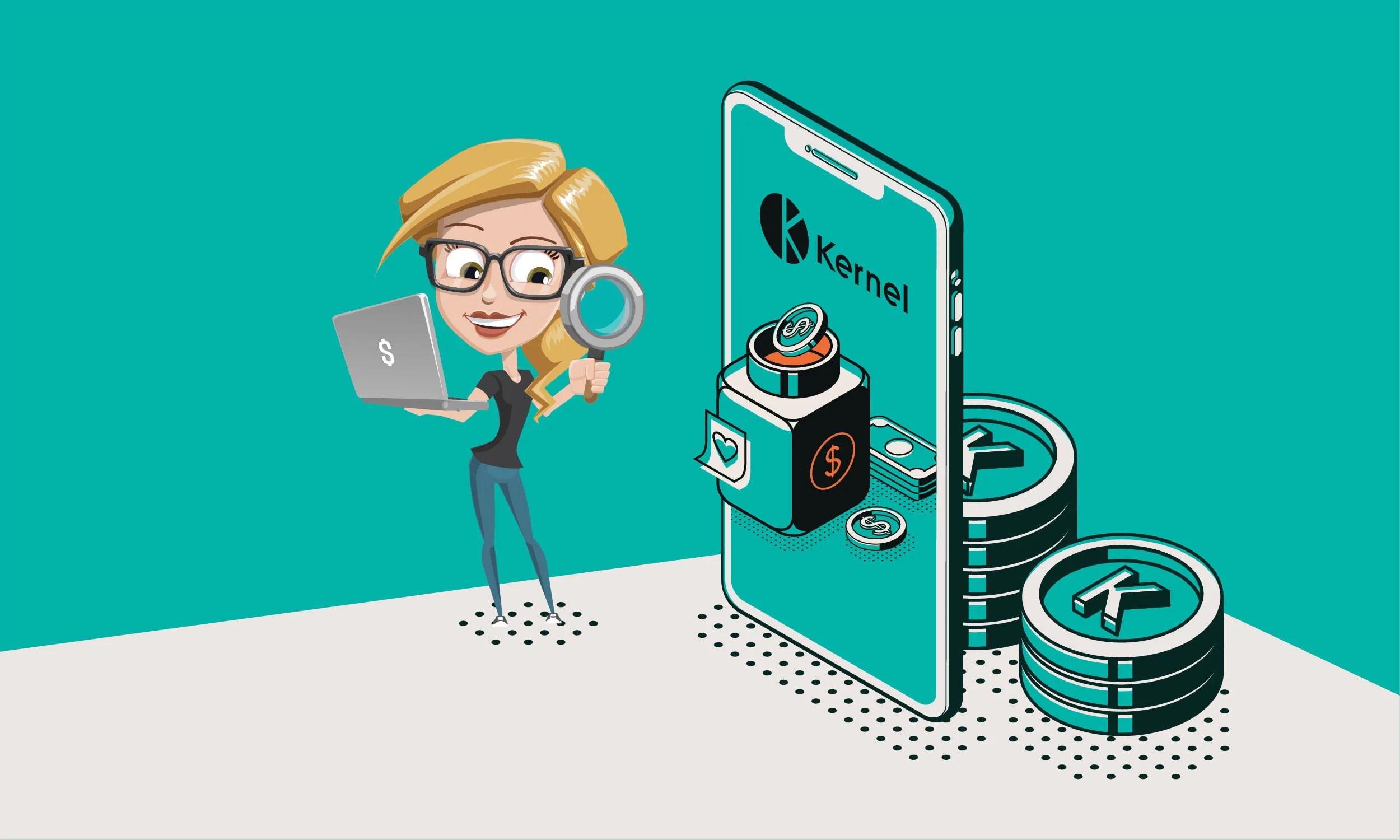At the start of 2021, Jonny and I decided that we wanted to increase our generosity and that we wanted to provide some financial support to ‘someone, somehow’. We felt that the time was right to do so and that with a bit of planning and juggling of our finances we could and should make it happen this year. So a few weeks ago we made an exciting move to start The Happy Saver Tertiary Scholarship. And before you start to wonder, no, I am not about to ask you for money! It’s quite the opposite, we are giving some of ours away.
All in Personal Finance
Begin at the Beginning: Step-by-step Path to Financial Independence
Whatever it is that you are embarking on that’s always the best place to start in my opinion. The beginning. Then just follow the path, in my case, the path to financial independence and eventually not being tied to a job to earn my income. It’s a long journey but it’s one worth starting. I’m often writing emails that cover the same points over and over again, so I thought that today I’d put that information into a blog post for all of the people wondering where to start and how to string all the bits of information you have learned about money into a cohesive order.
Become Your Own Financial Advisor
Before I started The Happy Saver I thought the only way to learn about money was to seek out a financial advisor, the supposed experts in the field, so I did go to a couple of financial advisors. As a result of these attempts I completely gave up on letting anyone else tell me what to do with my own money and decided that no one cared more about it than I did myself so I decided to take matters into my own hands and educate myself. I did it by actively taking an interest in my/our money and reading, listening, asking and deep-diving into all things personal finance related.
Financial Peace in an Emergency
This blog post might be the quickest and shortest one I have ever written! My inbox has just received yet another round of invoices for payment. February has been a particularly expensive month with a number of invoices due for payment over and above what we would usually expect. Some we have budgeted for and had fully covered, others we had partially saved for or were out of the blue. For the unexpected expenses, I was faced with only one option really, to reach into our emergency fund and use that to pay the invoices.
Should you combine finances with your spouse?
I have the privilege to speak to so many people about “money stuff” and a very common scenario is that of a couple who have been together for a long time yet they still keep their money completely separate from each other. If you are committed to him or her being “the one”, you trust each other and have combined everything else in your life (your wardrobe, the bathroom cabinet, your home, your children, your pets), then why not your money?
What is a Sinking Fund?
I realised recently that I rattle off financial terms, assuming that people know what they are. And that annoyed me a bit, because the reason I started blogging was to demystify financial jargon and yet, here I was, rattling off a bit of jargon! One of these terms is ‘sinking fund’. Today I thought I would quickly explain what a sinking fund is and why I use them myself.
Snippets and Lessons from fellow Happy Savers
So, this week I thought I would share some of the really positive snippets and lessons that I’ve taken from the emails I’ve received from many of you in the month of May because you say SUCH GOOD STUFF.
Kernel Index Funds Review
Under the “Our Story” section on the Kernel website, they say the following: We encourage open and free sharing of opinions so that everyone feels as though they can collaborate and contribute.” Not the usual spiel you would find on a fund manager website, don’t you agree?
Why save, plot and plan for my financial future?
There has been quite an increase in questions over the last couple of weeks, which is not at all surprising given how much uncertainty is out there. And this week, having answered so many emails, plus I was finishing writing and recording my final podcast episode of this series, I’ve not quite gotten around to a new blog post. So this week I’ve decided to republish a post I wrote back in 2017 because I feel that it’s still very relevant today.









